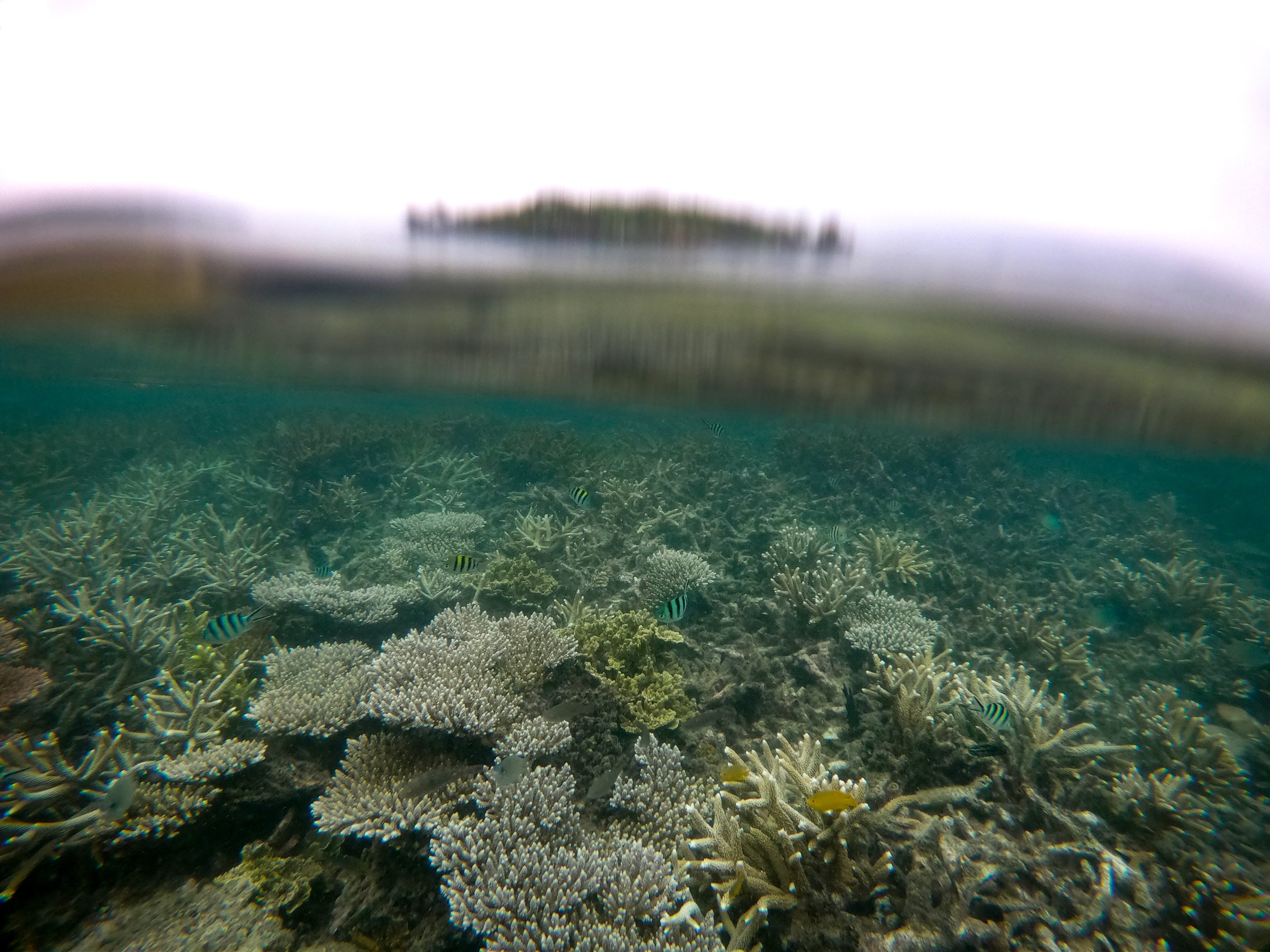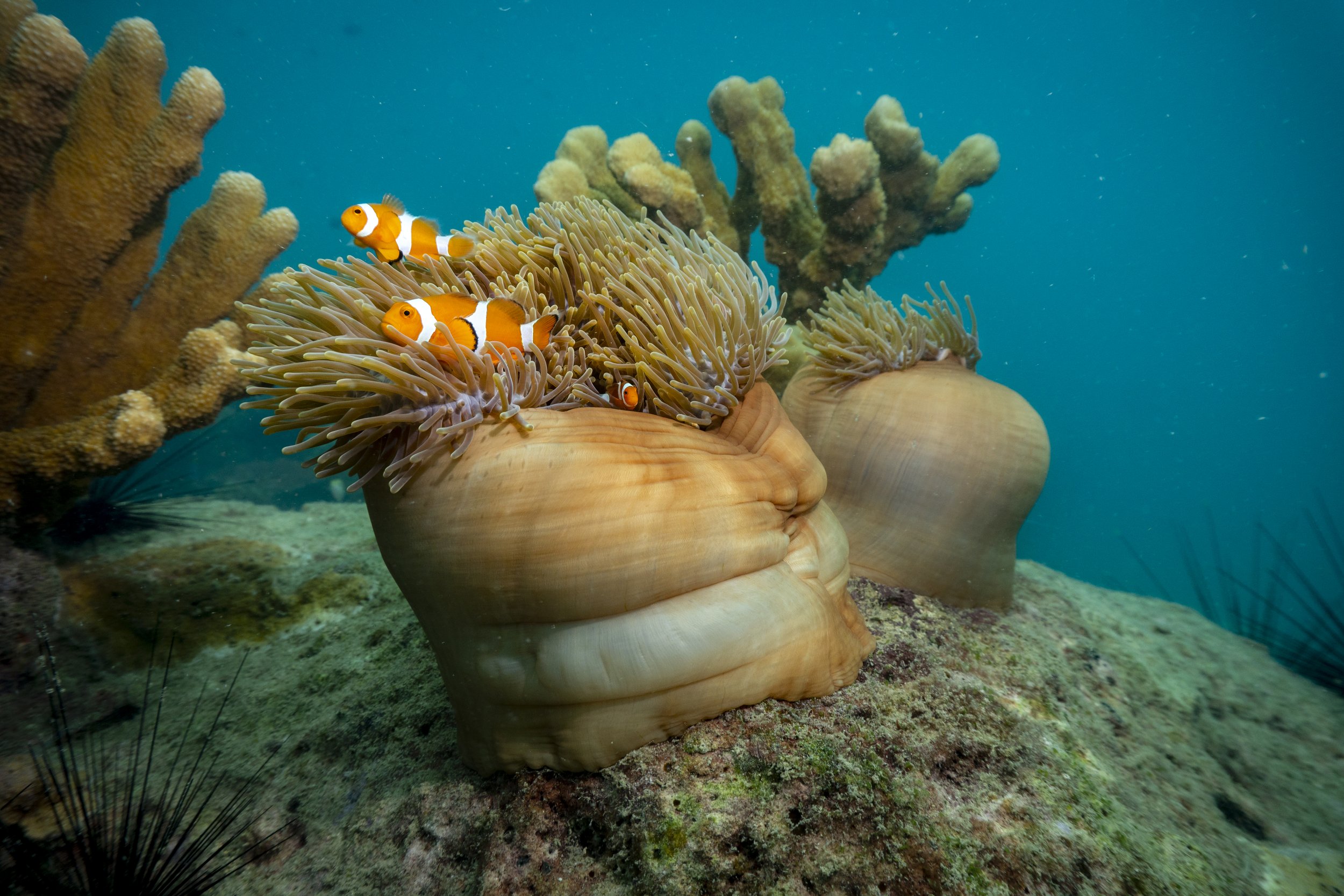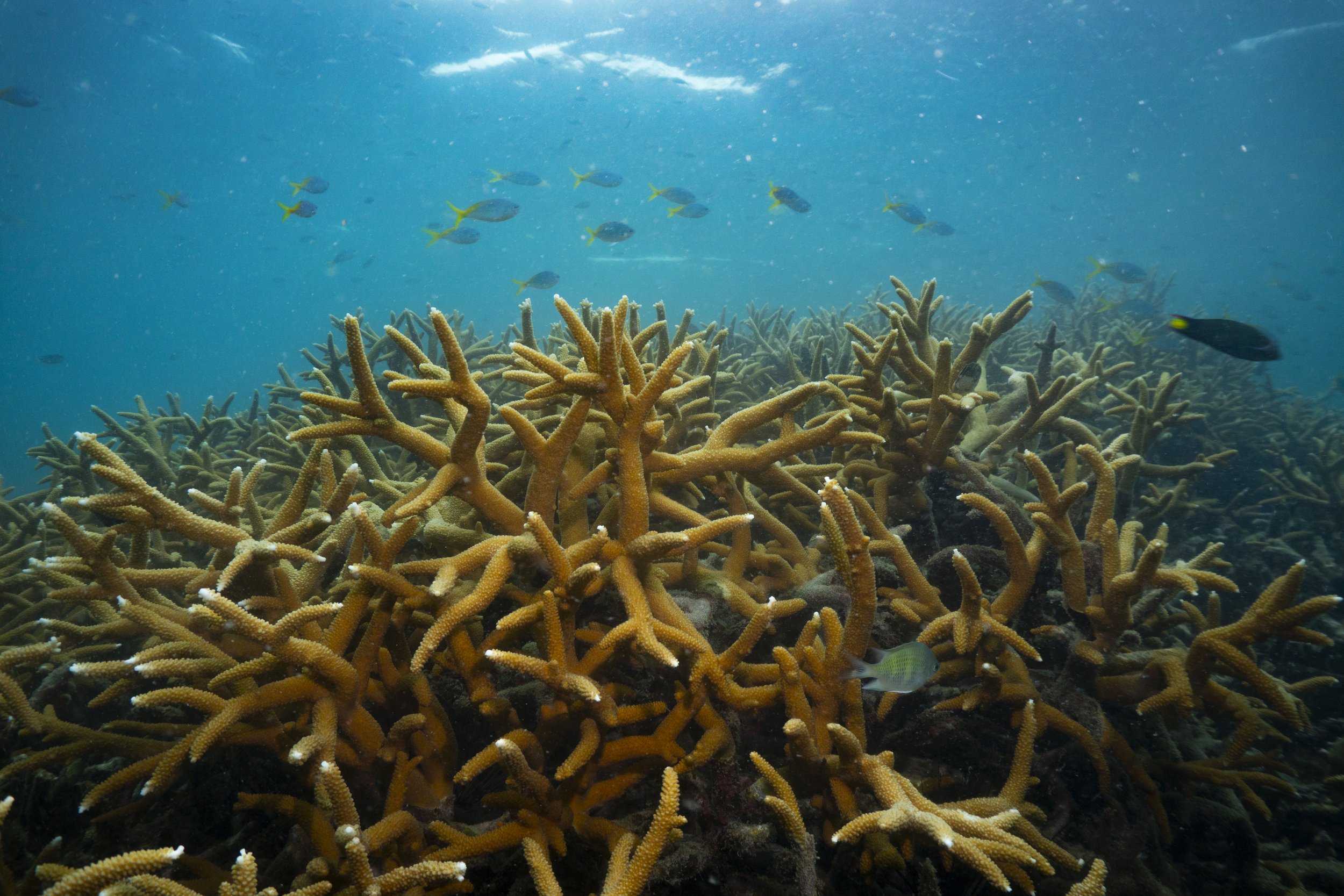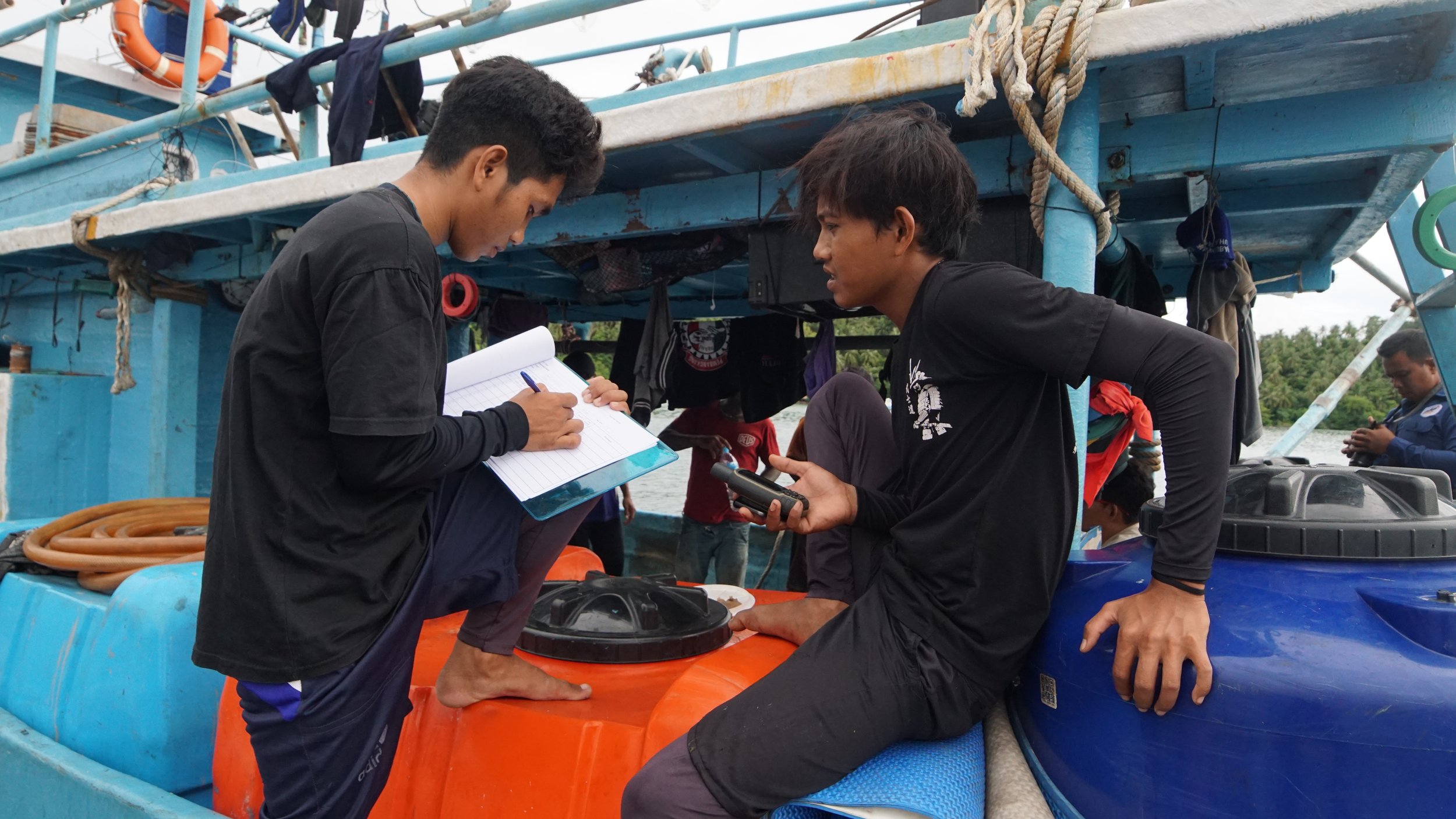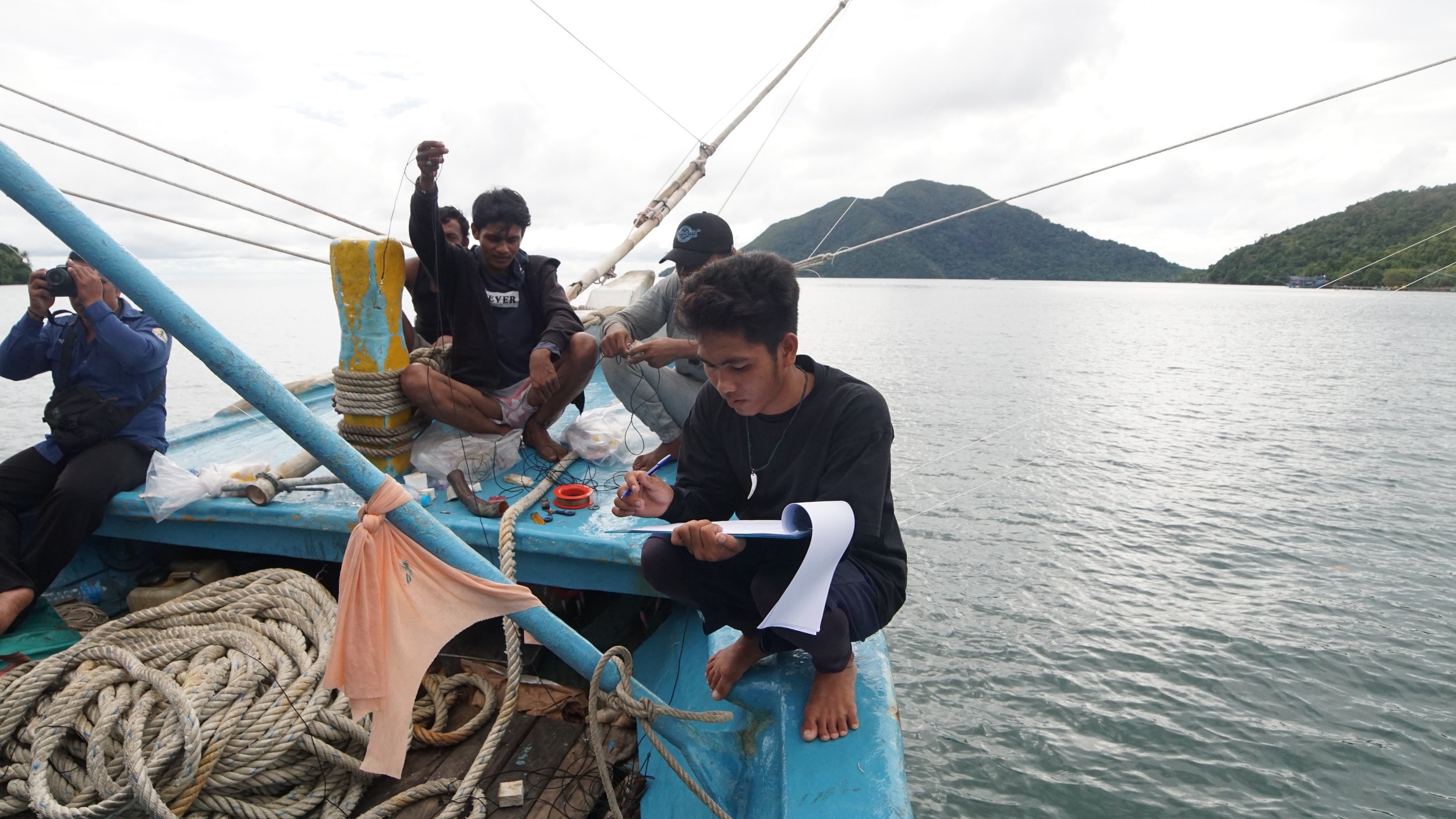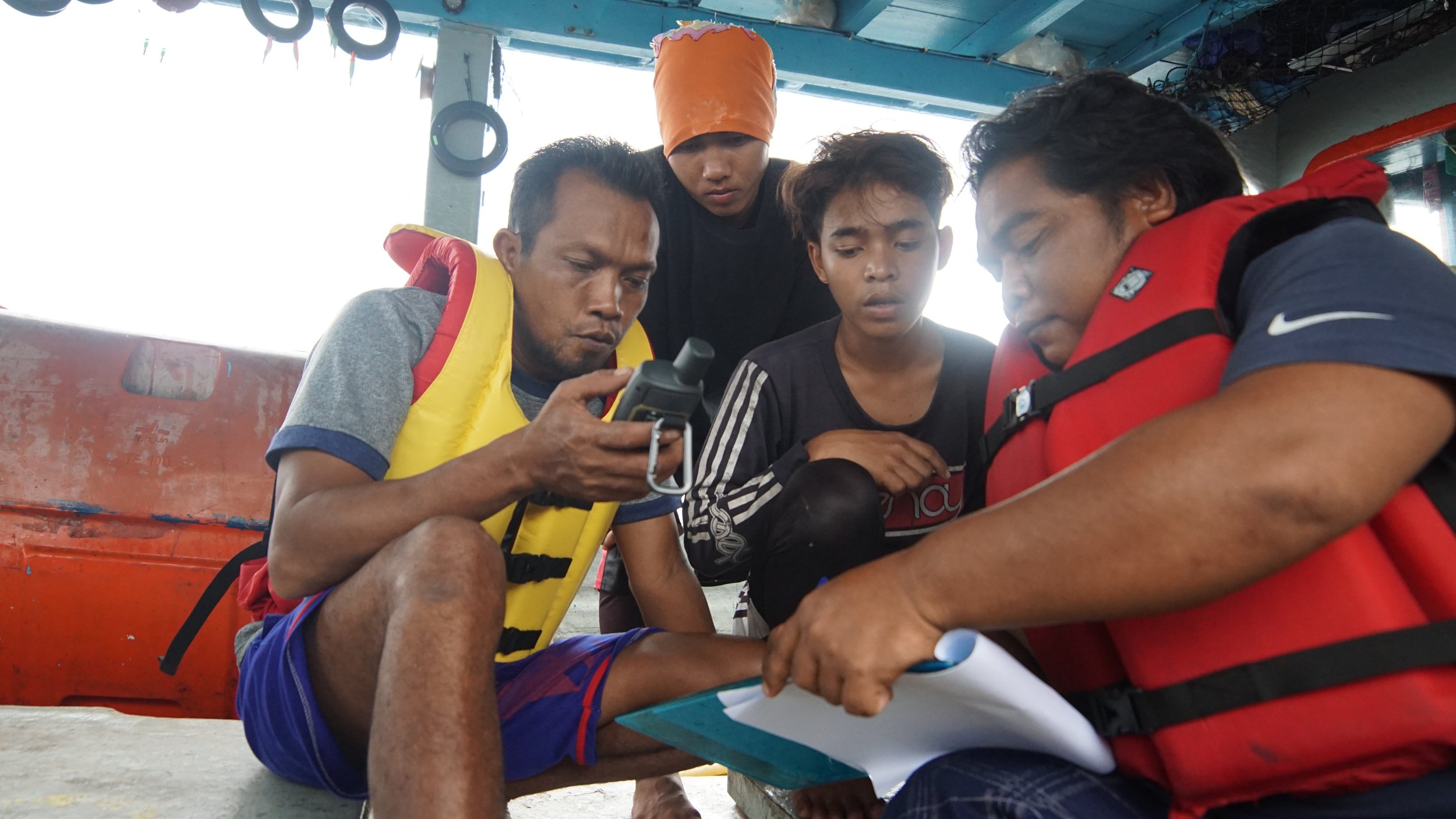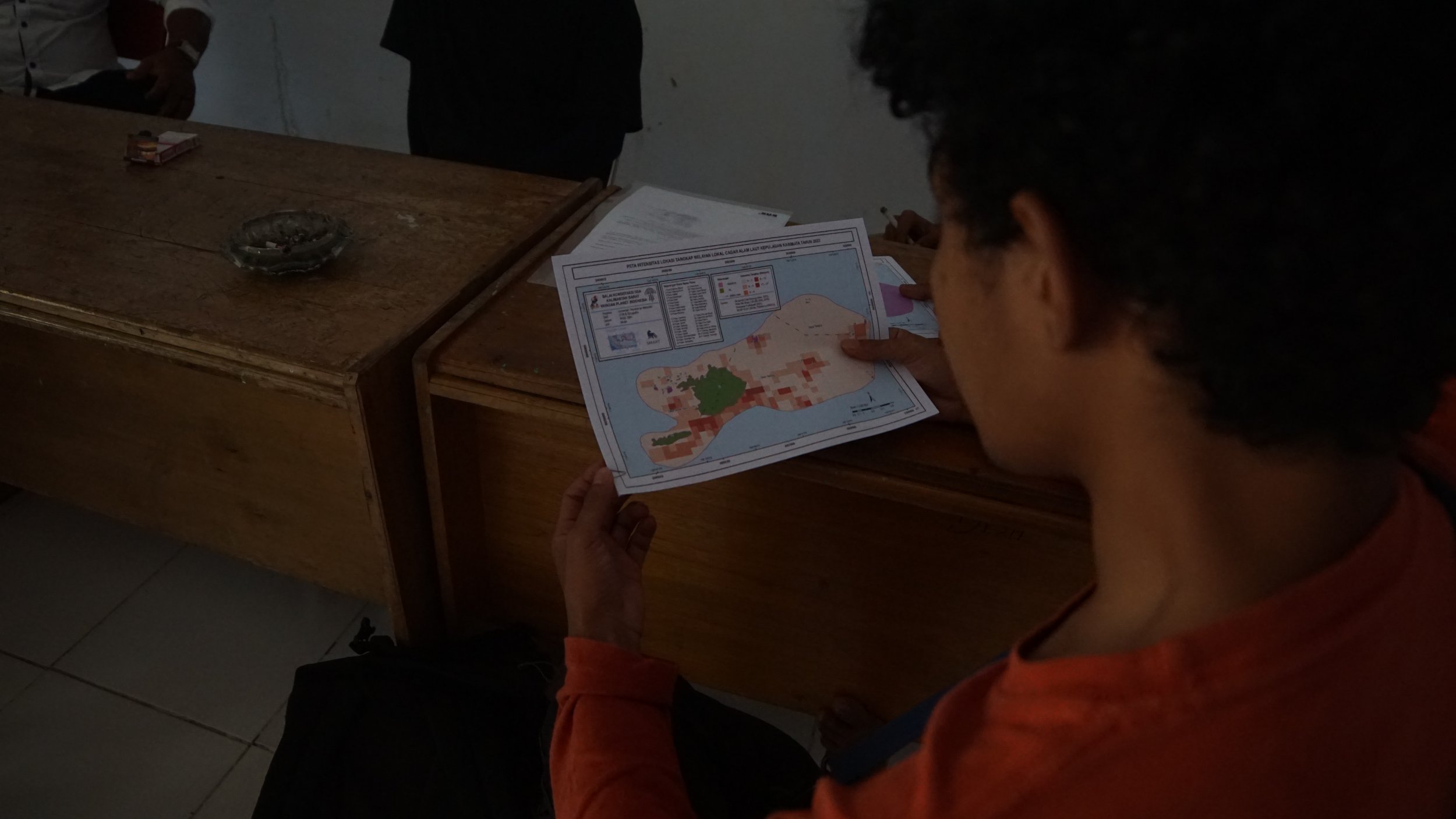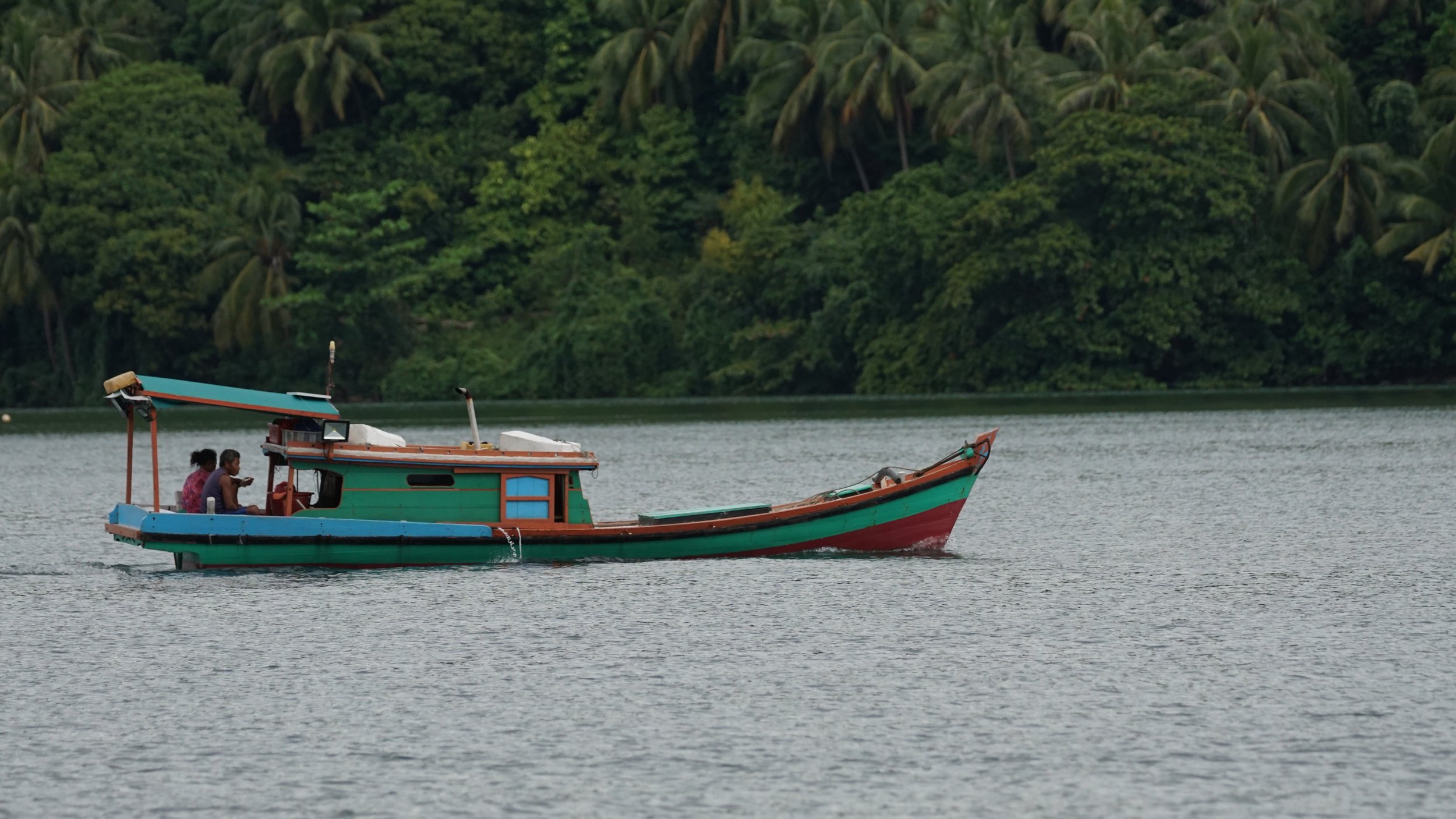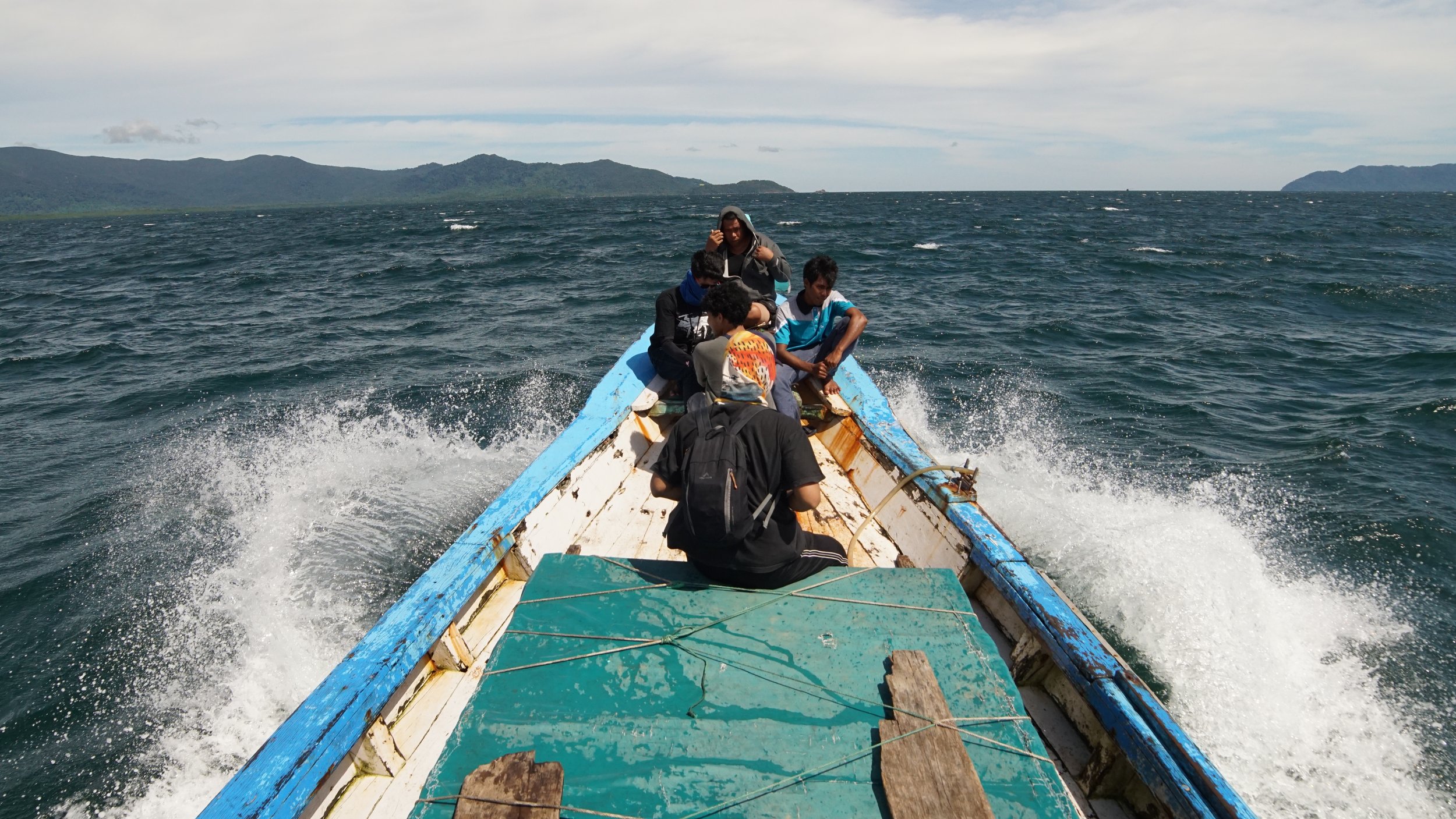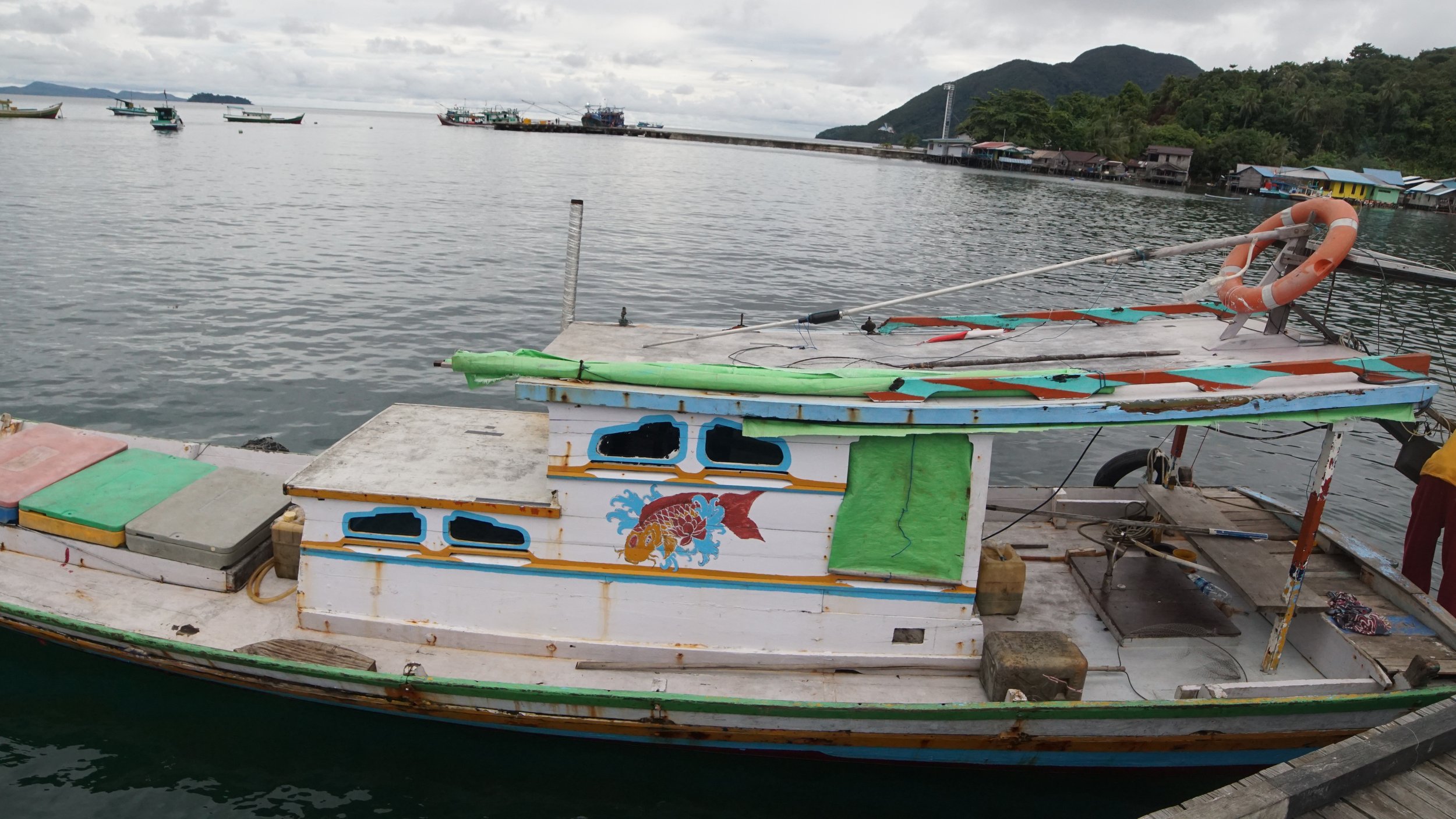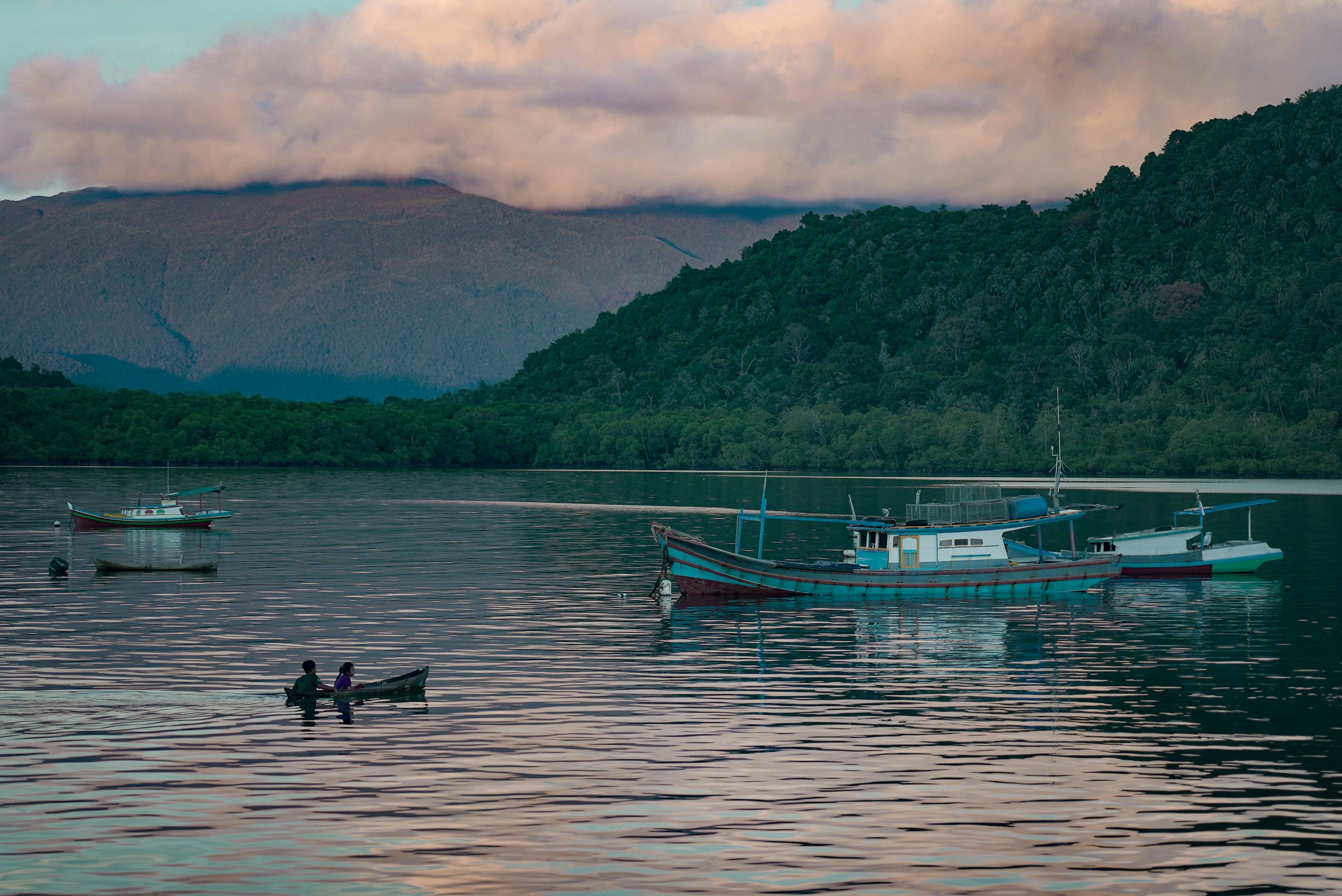Sustaining Life on the Blue Planet: Taking a look at Karimata Island's Conservation Efforts for World Oceans Day 2023
Our Blue Planet is covered by vast oceans, seas, and water bodies, encompassing nearly 70% of its surface. Well, in Indonesia, as the world’s largest archipelago, it is closer to 76%. Our aquatic ecosystems range from coral reefs to mangroves and kelp forests, all of which host a diverse array of marine species. Situated in part in the renowned Coral Triangle, we can boast the highest marine biodiversity in the world!
These ecosystems are not just important habitats for marine life. They form intricate food webs that sustain global fisheries, providing sustenance and livelihoods to billions of people worldwide. Moreover, oceans play a critical role in climate regulation, acting as guardians that stabilize climate patterns, mitigate the impacts of climate change by absorbing massive amounts of carbon dioxide (CO2), and moderating temperatures to curb global warming. Every second breath you take, you can thank the ocean.
This is why for World Oceans Day 2023, we are highlighting the communities we support in our newest partner site, the Karimata Marine Reserve and the work communities are doing in conserving this small but important drop in the ocean.
Protecting Karimata Island's Biodiversity:
Karimata Island is a small island about an 8-hour boat ride from the main island of Borneo. This spectacular island lies just to the southwest of the West Kalimantan coast in the Natuna Sea. Known for its abundant natural resources and its rich biodiversity, here you can find many turtle species, kingfishers, fish eagles, crab-eating macaques, spinner dolphins, and even the critically endangered Christmas frigatebird.
For the last two years, we have been supporting the communities living within the Karimata Marine Reserve through various ways to help solidify their place in the management of this protected area. Research shows that reserves such as this are better off in the hands of local and Indigenous communities. One way we do this is by assisting in training community fishers to collect, monitor and evaluate fisheries data, helping communities to manage their fisheries adaptively, reducing pressures on species, and over time improving fishing yields. We also help facilitate Conservation Community Business Services, which include a community-led savings and loan program and access to free healthcare and education services.
However, often the most pressing challenge that communities face is from outside influences. In the initial phases of our partnerships, villagers expressed the need to protect their community’s natural resources from exploitation. This is one of the most important steps in securing economic stability, allowing communities to reach their conservation and socio-economic goals. Therefore over the past two years, we have been helping adapt and establish one of our flagship programs that work so well in the terrestrial areas we work in; locally-led patrols using Spatial Monitoring and Reporting Tools (SMART). These patrols, formed of community members, one YPI staff member and a government representative, are focused on protecting and securing the immediate coastal and marine area and assisting the community in implementing locally-designed rules of access and fishing zones, aimed to protect their land and seascapes.
This activity, conducted in collaboration with the West Kalimantan Natural Resources Conservation Agency (BKSDA), is led by the Head of Karimata Islands Marine Conservation Area Resort and involves the participation of the local residents surrounding the Karimata Islands. The primary objective is to monitor and record observations within the area, including all human activities, such as local and external fishermen entering the conservation zone, as well as the various species inhabiting the area. These findings are processed into reports for research, education, and scientific purposes, giving the community a real-time map of the challenges and solutions of this marine area.
As a result of the SMART patrols implementing their training, they are directly addressing global issues, such as overfishing, the illegal wildlife trade, and habitat loss.
“The Karimata Island community, especially Betok Jaya village, has many challenges, including from fisherman outside the village who catch fish with fishing gear that is not friendly and damaging to the environment. With the presence of SMART Patrols, we can supervise the environment around Betok Jaya village and mitigate these threats. I hope that this activity will continue because it has a real impact on the environment and residents of Betok Jaya.”
- Alyas, fisherman of Betok Jaya village, fisherman and member of the smart patrol team.
In contrast to conventional SMART patrols, the Karimata-based patrols utilize large boats that offer access to challenging locations, including distant islands and reefs. These robust vessels are equipped with powerful engines, enabling patrols to monitor remote parts of the Karimata Marine Reserve. However, their substantial size necessitates significant fuel, making efficient fuel consumption crucial for these expeditions. Despite their sturdiness, these boats remain susceptible to unpredictable weather conditions such as strong currents and storms. Presently, the teams rely on rented boats sourced from local fishers. To help strengthen the impact of these community-led patrols, we are hoping to secure funding to procure boats that would better withstand the varying conditions of the oceans and be more efficient with fuel consumption and travel.
The Way Forward:
The oceans are an incredible ecosystem. One which provides habitats, breeding grounds, and nurseries for numerous marine organisms, contributing to the overall biodiversity of the ocean. But they face many challenges, the most prominent of those being climate change causing rising sea temperatures, ocean acidification, overfishing, pollution, and coastal degradation from development. Efforts led by local communities, such as sustainable fishing practices, maintaining marine protected areas, reducing pollution, and promoting awareness and education, are essential for the long-term well-being of humans and marine ecosystems.
Story by Lia Ogriesta and Roni Bia Santo
This work is done with the partnerships and financial support of the Blue Action Fund and Blue Ventures.
We are grateful for this continued partnership for our marine and coastal sites in West Kalimantan.
If you have any questions, please reach out via admin@planetindonesia.org. Sign up for our newsletter and follow us on our social media Facebook here and Instagram here to get timely updates on our activities, an insider’s look into the lives of front-line conservationists, and ongoing programs.


